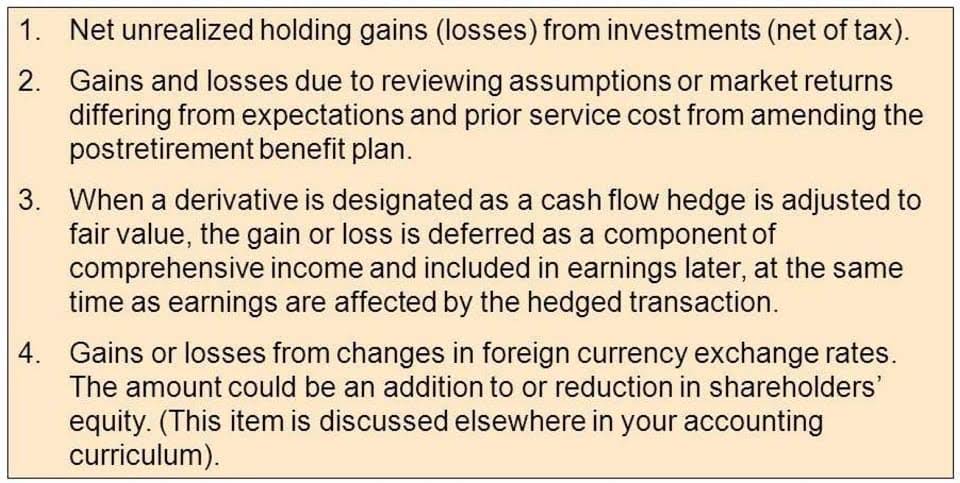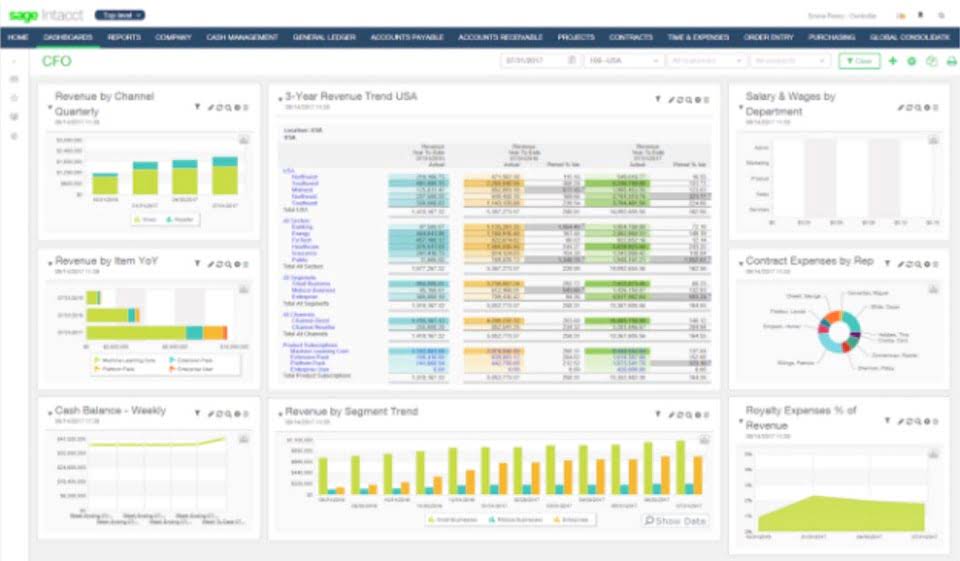
Furthermore, attention should be paid to any industry-specific regulations or compliance requirements. For instance, there might be unique considerations for law firms, as mentioned in one of the sources above. Compliance with these regulations is essential to avoid penalties or legal issues.
- This process is known as a three-way match, and it helps prevent errors and fraud.
- Like Accounts Payable, AR could refer to the department responsible for this money.
- Advancements in automation technologies have made accounts payable a major area of focus for process improvement in small to mid-sized organizations.
- Manual processes that create errors and lead to payment delays cause frustration on the other end.
- The invoice is also matched with supporting documents like purchase orders and contracts in this step to look out for any differences.
- In this case, end-to-end automation improved reimbursement consistency and provided additional support for its small invoice processing team.
- This can speed up bill processing, reduce errors and fraud, and even lower costs.
Alan Black, Founder of Surfspray Capital and former CFO at Zendesk, on his experiences guiding companies to IPO.
- The short-term liabilities section of the balance sheet is where the accounts payable should lie.
- This helps to vastly improve liquidity management and can really add to your bottom line.
- Those repercussions can make it harder and more expensive to do business, and can in turn put an additional strain on the company’s cash flow.
- Regularly reviewing AP reports can help detect unauthorized transactions or discrepancies, preventing fraud.
- This proactive approach instills a sense of security and control, contributing to maintaining good relationships with suppliers, which is crucial for ongoing business operations.
- These reports also enhance transparency and compliance with financial regulations.
Detailed analytics provide powerful insights that can help businesses optimize cash flow, view internal KPIs and metrics, and improve supplier relationships. Maintaining strong vendor relationships and understanding what matters to your vendors is crucial to maintaining a healthy supply chain and growing your business. Happy vendors are more likely to invest time in building good relationships with your business – after all, when you succeed, they succeed.
Notes to financial statements
Effective management of AP can help businesses optimize their cash cycle and maintain strong relationships with suppliers. Technological integration and adherence to legal and compliance requirements are also necessary for a seamless AP management system. Accounts payable (AP) represents the short-term obligations owed by a company to its creditors or suppliers for goods or services received but not yet paid for. As a current liability on the balance sheet and an expense in the income statement, proper management of accounts payable is crucial for maintaining healthy cash flow and positive supplier relations. Effective accounts payable management can unlock benefits that drive efficiency while also supporting an organization’s broader goals like reduced overhead and boosted efficiency. Some of these benefits include time and cost savings, improved accuracy and control, and stronger vendor relationships, among others.
Sole Proprietorship Invoice: A Detailed Guide US

The Nividous platform natively includes RPA, AI, and BPM, allowing you to automate more tasks with enhanced process efficiency. Machine learning models are built-in to process a range of structured and unstructured documents with the ability for humans to annotate feedback on the fly. The matching of invoices against purchase orders (POs) is called a two-way match, and when matched against both POs and goods receipts, it is called a three-way match. This process involves comparing invoices line-item-by-line-item against these essential documents to reconcile discrepancies in purchase amount or vendor contact information. The manual PO matching process is a highly time-consuming and burdensome activity for accounts payable staff. Furthermore, BPM-driven platforms offer teams a centralized space for communicating and checking on their workflow tasks.
Accounts payable reports are vital for tracking the company’s liabilities, helping ensure there is enough cash on hand to meet obligations as they come due. By providing a detailed view of upcoming payments, these reports enable businesses to plan their cash flow effectively, avoiding liquidity issues that could disrupt operations. Accounts payable are integral to a company’s financial statements, clearly showing its economic health and obligations. These liabilities are typically reported in several key sections of financial statements, including the balance sheet, financial statements, and cash flow statements. By improving cash flow management and addressing the challenges in accounts payable, companies can ensure a more efficient and accurate payment process.

Accounts Payable organizes and maintains vendor contact information, payment terms, and Internal Revenue Service W-9 information either manually or using a computer database. Larger businesses or any business that requires staff to travel may have their AP department manage accounts payable management their travel expenses. The travel management by the AP department might include making advance airline, car rental, and hotel reservations. The company then pays the bill, and the accountant enters a $500 credit to the cash account and a debit for $500 to accounts payable.
- Ensuring that the proper rate is used, for a given resource, in a given role for the customer, required a manual comparison of timesheets to engagement letters before creating the invoice.
- And this both improves cash flow and enhances your organization’s reputation with suppliers.
- With AP automation, your business can easily queue up batch payments with similar priority or payment deadlines to enable approval and payment scheduling based on existing cash management priorities.
- Money owed to the company by its customers is recorded as accounts receivable.
Additionally, knowledge of financial software, data entry, and reconciliation processes is crucial. Time management and problem-solving capabilities further enhance efficient accounts payable management. Fraudulent invoices can lead to significant financial losses for a company. To effectively tackle this issue, companies can implement strict approval processes, invoice matching, and regular audits of supplier information.
Simple Mills supports invoice volume growth
This process is known as a three-way match, and it helps prevent errors and fraud. Regardless of who manages it, the accounts payable process involves a few basic steps. A good accounts payable system can also help you identify any discrepancies with your payments and invoices. Addressing these issues quickly can help you avoid disputes, late fees, or interest changes. Accounts payable refers to the amount of money a business owes to its suppliers and vendors for goods or services received. A year down the road, the real estate company has now automated vendor management, AP workflows, procurement, and a variety of other finance tasks that no longer require human intervention.
What is the purpose of accounts payable reporting?

For those that did implement digitization, 91% said they noticed a positive effect in their overall efficiency. Accounts Payable is sometimes referred https://www.bookstime.com/ to as a current liability account. This is simply in reference to the fact that the account represents the company’s short-term liabilities.
